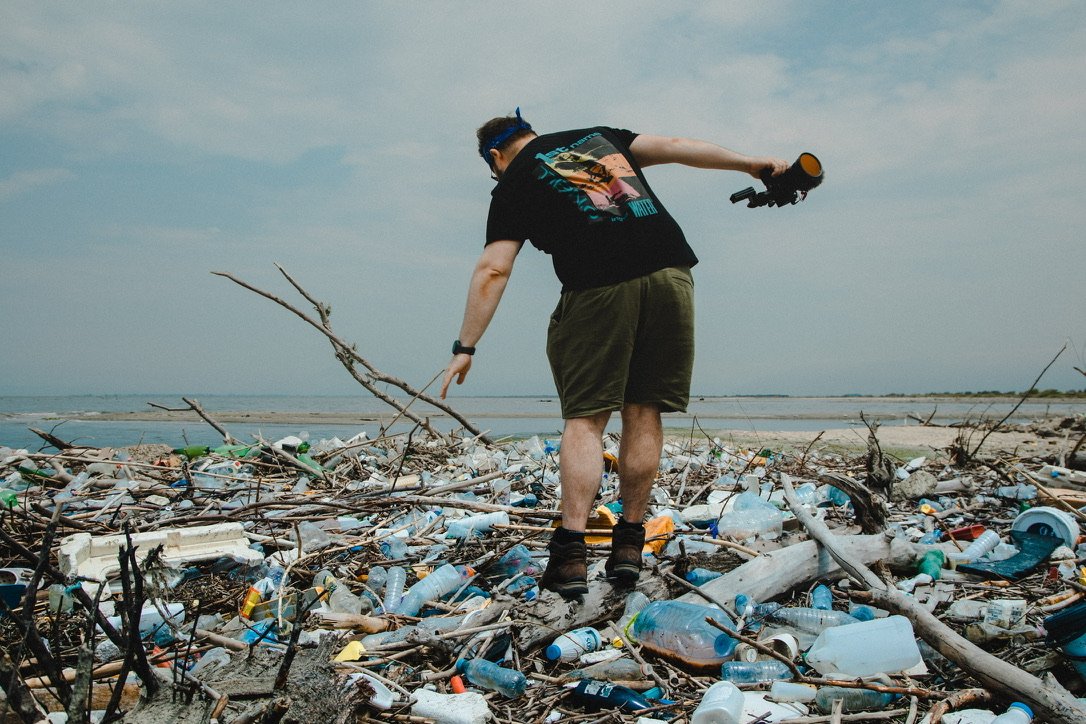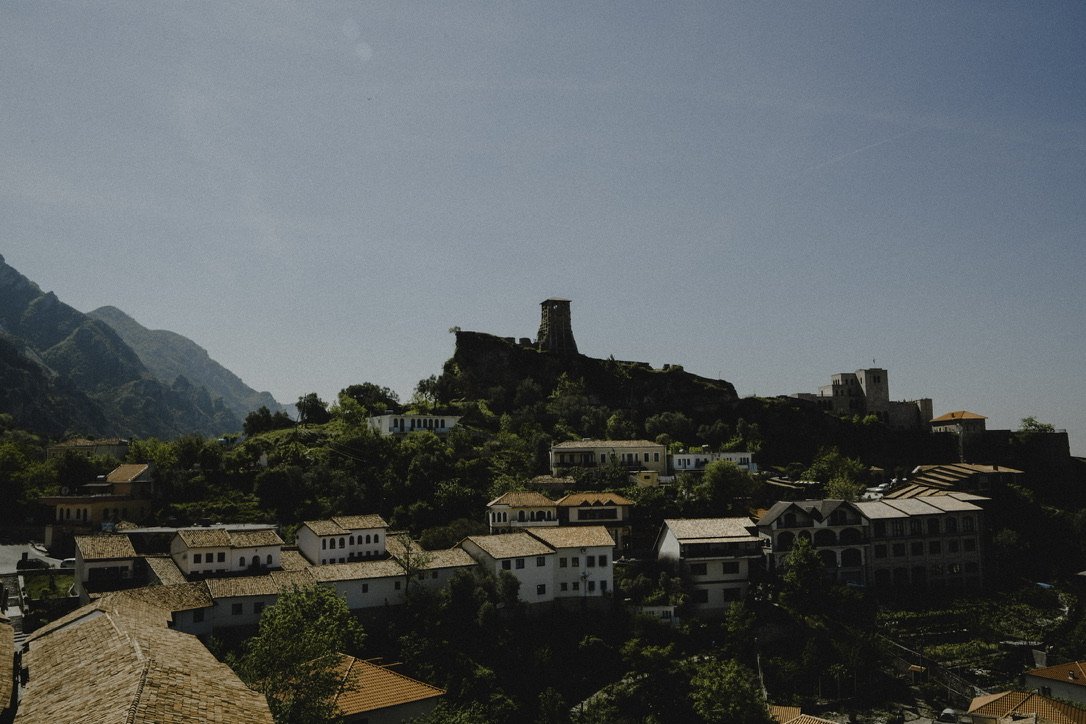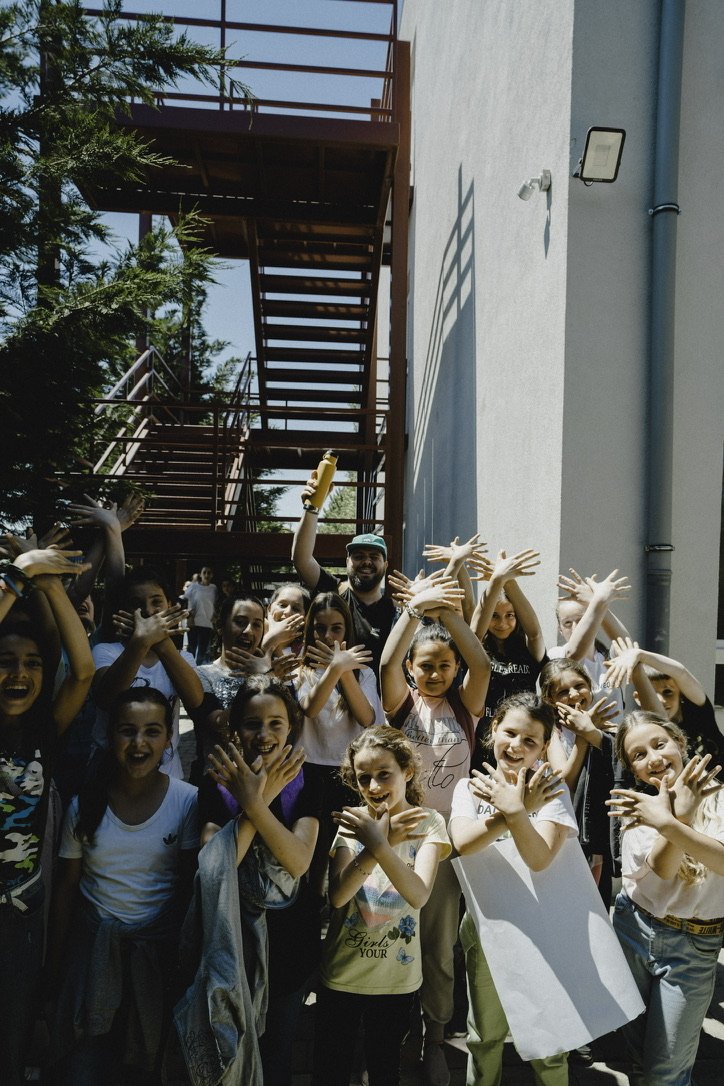Cleaning up Europe’s dirtiest river: Ishëm.
A beautiful mess.
This is Ishëm river in Albania, one of the most polluted rivers in Europe. Together with the River Cleanup team I attempt to clean up the beach at the mouth of the river. Over 700.000 kg of plastic waste ends up in the Adriatic sea, coming from this place.
So in this entry I'm looking at the cause and solutions of plastic waste. How does it happen, what can we do about it and who is cleaning it up? You can see all of that in the first episode of Tom’s Plan B.
Watch the full video here.
Albania, an interesting country
First of all, let me tell you I had no idea what to think of Albania. If you have to believe some of the public here in Belgium, you’d think it’s a country full of theft and corruption. But the opposite is quite true!
Traveling here has opened my eyes to the natural beauty of the country. There’s a lot to see for a biologist like me. From the grand Albanian Alps, with great hikes and idealistic valleys, to the Ionian coast, also known as the Albanian Riviera. The nature is just astounding!
The people are also very kind and friendly, always up for a laugh and very helpful to a stranger in need. Yet, we did have some troubles communicating with some of the older folks, as english isn’t a native language. The Albanian tongue is something very unique, but with a few words like: përshëndetje (hello), faleminderit (thank you), mirë (it’s OK), naten e mirë (good night) and mirupafshim (goodbye), you’ll conquer the hearts of the locals in no time. The younger generation is something else though! Growing up with social media, you can see what an important role it has played in their education. They learn an incredible amount of English through platforms like Youtube and Instagram. Which you can also see in their attitudes, but more about that later.
The problem with waste.
Things change a bit when you travel from the big cities, for example the capital Tirana, towards the rural villages. Albania’s waste-management practices are still dominated by a linear collect-and-dispose approach, meaning collect all the trash, then dump it in the landfills. There are a lot of different reasons why it’s still this way, but talking to some locals you can hear a few main points being raised again and again. Since the declaration of independence in 1912, Albania has shifted in quite a few models of governance, from an international protectorate, a monarchy, a state-party regime and the parliamentary republic as well. It’s not an excuse but the different shifts means a lot of changes on how the country has operated in the past 100 years.
Because of this there’s an intricate working between politics, industry and local waste management which happily shift responsibility onto the other parties. Last but not least, there is the mentality of the local population.
However, the recently adopted National Waste Management Strategy (running from 2020 – 2035) has developed a roadmap towards integrating circular economy and better waste management strategies.
Interviewing Thomas de Groote, founder of River Cleanup, on the issues with waste management in Albania
These are the flakes that are left after all plastic gets recycled. The flakes will then be sold to be reused in future products.
When awareness and action meet
Meet the creators
Laura Van De Woestyne
@Laurafromthedesert
Witnessing is such an important step. @Laurafromthedesert shared tips on how to live an ecofriendly lifestyle
Ines Goovaerts
@Inesgoovaertsphotography
Capturing content for the awareness campaign with the talented @Inesgoovaertsphotography
If you want to help clean, go check out River Cleanup
Thanks to A.S.Adventure for sending me out to document all of this!












